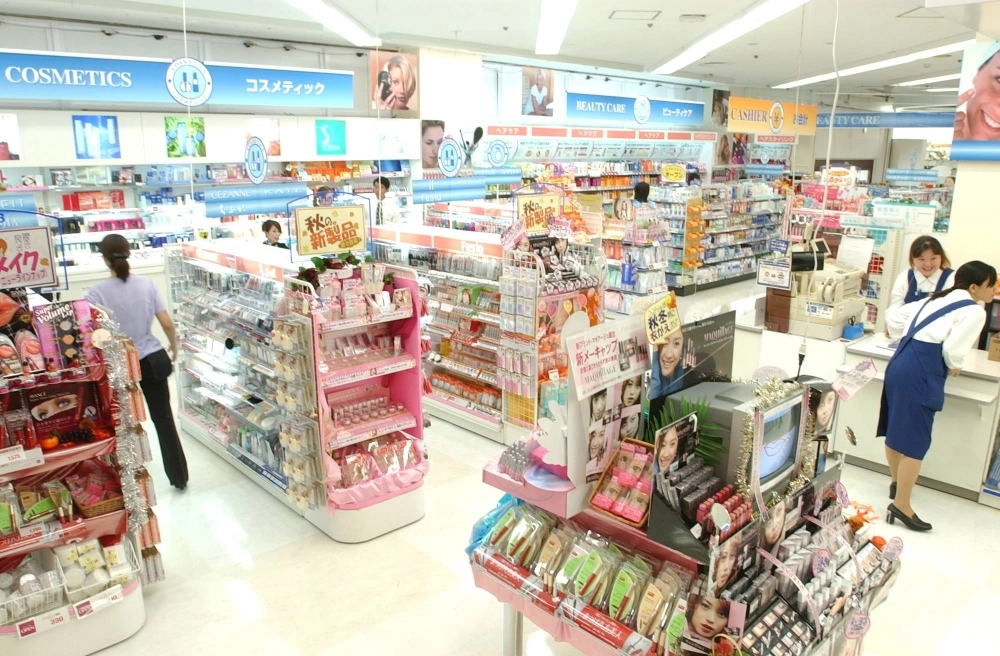The scandal over Kobayashi Pharmaceutical’s beni kōji (red yeast rice) supplements has put a spotlight on regulatory inadequacies that prevented Japan from swiftly addressing concerns related to foods with health-enhancing claims — despite recent moves to step up vigilance.
Experts say the beni kōji supplement scandal — now linked to five deaths and over 200 hospitalizations — should not be treated as a one-off incident. Instead, it should be seen as a cautionary tale about how such health food items could pose more risks than benefits.
The health ministry and the National Institute of Health Sciences are currently trying to identify the toxic substance in the beni kōji pills that caused the kidney and other health problems reported around the nation and abroad.

















With your current subscription plan you can comment on stories. However, before writing your first comment, please create a display name in the Profile section of your subscriber account page.